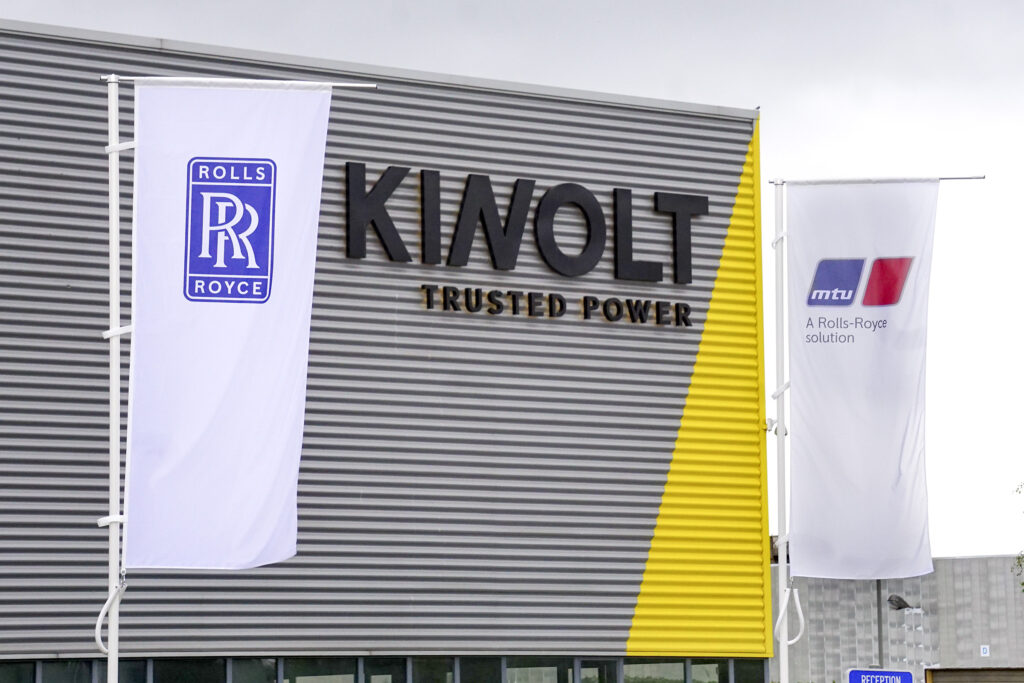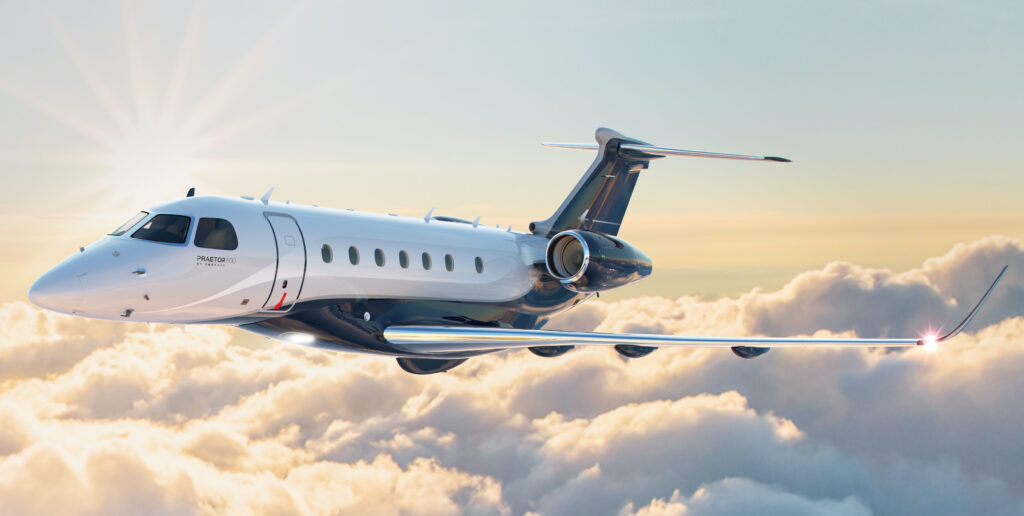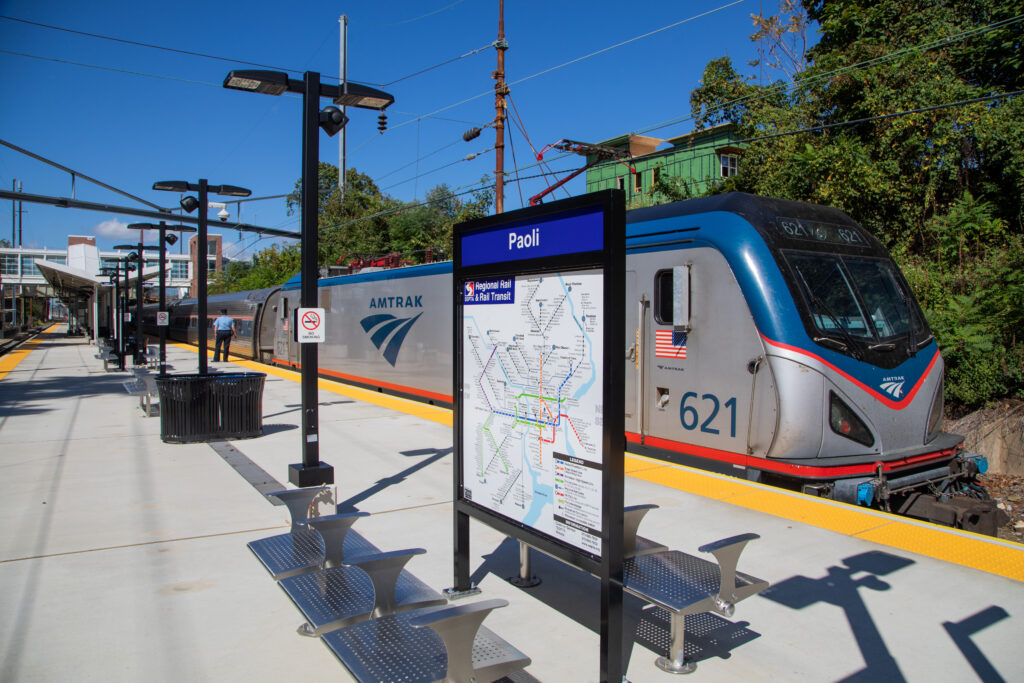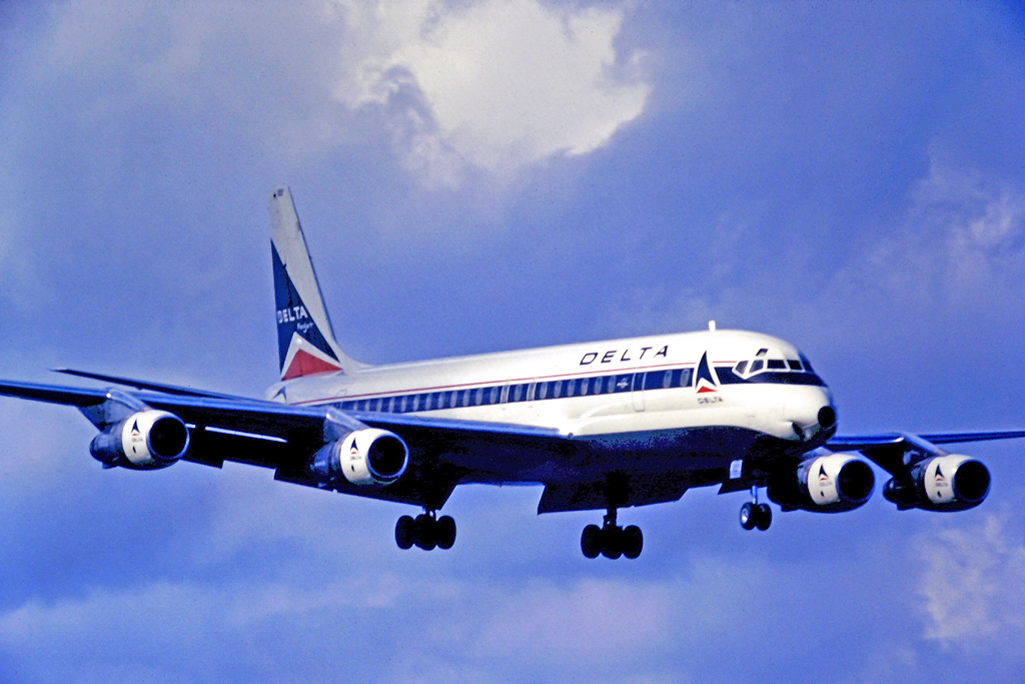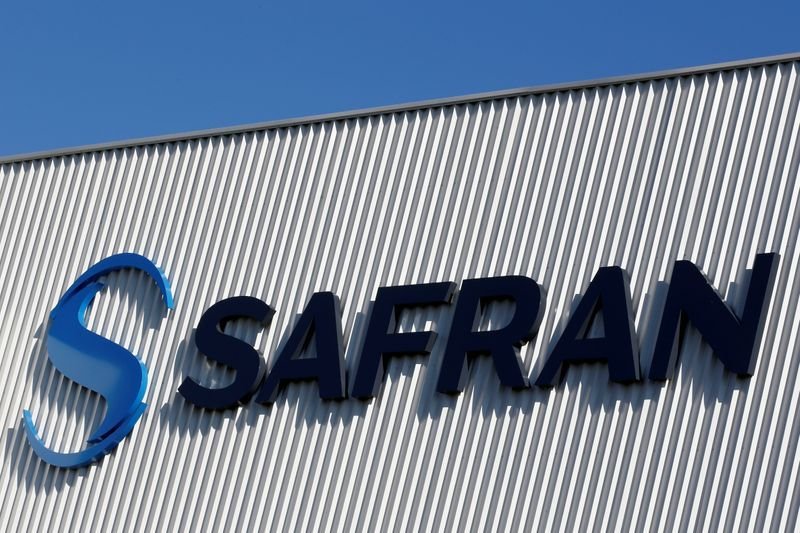Rolls-Royce Strengthens Opportunities with Kinolt Acquisition
Strenghtens Rolls-Royce’s market position in safety-critical applications with a leader in dynamic uninterruptible power supplyCompletes Rolls-Royce’s product offering and accelerates the strategy of offering integrated solutionsAcquisition expected to deliver cost and revenue synergies, and help…
